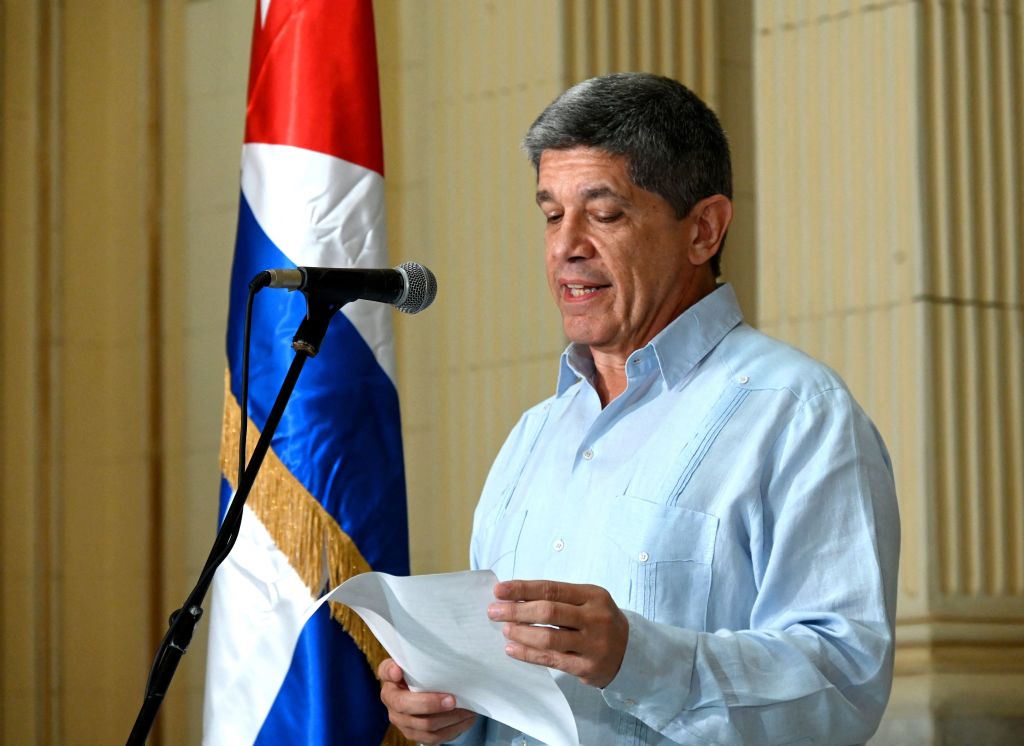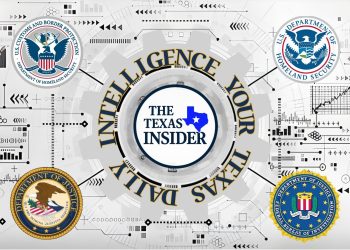In Washington a letter penned by three U.S. Senators—Ted Cruz of Texas, Marco Rubio, and Rick Scott of Florida—arrived at the desk of Secretary of State Antony Blinken.
The tone was serious, the language sharp. The senators were concerned, deeply troubled by the Biden administration’s recent decision to expand nonimmigrant visa (NIV) services for Cuban nationals.
To them, this was more than just a policy shift; it is a national security threat.
In their letter, the Senators paint a picture of an adversarial Cuban regime—one they believed had much to gain from the new visa policy. For decades, Cuba had been a State Sponsor of Terrorism (SSOT), and these senators saw the NIV expansion as a potential lifeline for the ruling Cuban elite. They warned that only those connected to the regime, artists, athletes, and influencers handpicked by the dictatorship, would benefit.
Once on U.S. soil, these individuals, they feared, could spread propaganda favorable to the regime. This wasn’t just about visas; it was about preserving America’s security and integrity.
Below are the questions that the Senators are asking answers for:
- How does the expansion of NIVs to Cuban citizens serve America’s interests given the concerns highlighted above?
- How does expanding NIVs not benefit members of the Cuban regime when it provides more opportunities for fraud and abuse?
- How will you ensure that individuals with connections to the regime are not issued NIVs? Please provide a detailed explanation of the vetting process.
- How will intracompany transferees receive NIVs if U.S. private sector companies are prohibited in Cuba?.
- Has the U.S. government expanded NIVs to the other SSOTs—Iran, North Korea, and Syria? If not, does it plan to do so? Why or why not?
The letter was a full critique of the Biden administration’s approach to Cuba. The senators pointed to past examples of what they saw as appeasement.

The administration, they argued, had already allowed former Cuban officials—complicit in human rights abuses—into the United States under a parole program. Worse, the administration had recently lifted Cuba’s designation as “not fully cooperating” on counterterrorism, despite the country’s long history of harboring fugitives and supporting militant groups. To the senators, this was more than leniency—it was dangerous negligence.
But this wasn’t the only fire the Biden administration had to put out. While the letter brewed concerns about Cuba, tensions between the U.S. and China were also reaching new heights.
Reports have swirled of a spy base—Chinese, hidden away on the Cuban island, operating in secret since 2019.
According to U.S. intelligence, China had been using Cuba as a strategic listening post, gathering sensitive information as part of its broader global espionage network. It was yet another layer to the growing geopolitical unease between Washington and Beijing.
When reports of this spy base surfaced, they ignited a flurry of media attention. The Wall Street Journal even reported that China had brokered a deal with Cuba to build an electronic eavesdropping station.
The Cuban government, cash-strapped and desperate, allegedly agreed in exchange for billions of dollars. But White House officials quickly dismissed these claims. John Kirby, the National Security Council spokesman, called the reports inaccurate, though he admitted that Chinese influence activities in the region were an ongoing concern.

The Biden administration was clearly aware of the espionage operation. An anonymous U.S. official revealed that the administration had been briefed on China’s spying activities in Cuba shortly after taking office. The Chinese had upgraded their facilities on the island in 2019, and it had become part of a much larger intelligence effort across Latin America, the Atlantic, and beyond.
Meanwhile, diplomatic relations between the U.S. and China had been deteriorating for months. A series of incidents—including House Speaker Nancy Pelosi’s contentious visit to Taiwan and the infamous Chinese spy balloon that traversed American skies—had pushed tensions to the brink. China’s anger over these developments had led to military exercises around Taiwan and even frosty exchanges between defense officials at international security forums.
Despite the growing strain, efforts to maintain dialogue persisted. Secretary Blinken had a trip to Beijing on the horizon, hoping to thaw relations that had cooled after the spy balloon incident.
Behind the scenes, CIA Director William Burns and National Security Adviser Jake Sullivan had been working to keep high-level communications with Chinese officials alive.
As Blinken prepared for his upcoming trip, the concerns from Capitol Hill echoed loudly. The letter from Cruz, Rubio, and Scott was not just a critique of the administration’s Cuba policy but a reflection of the growing anxieties within the U.S. about foreign influence—both Cuban and Chinese. At a time when the U.S. was grappling with how to navigate complex relationships with adversarial regimes, the stakes seemed higher than ever.






